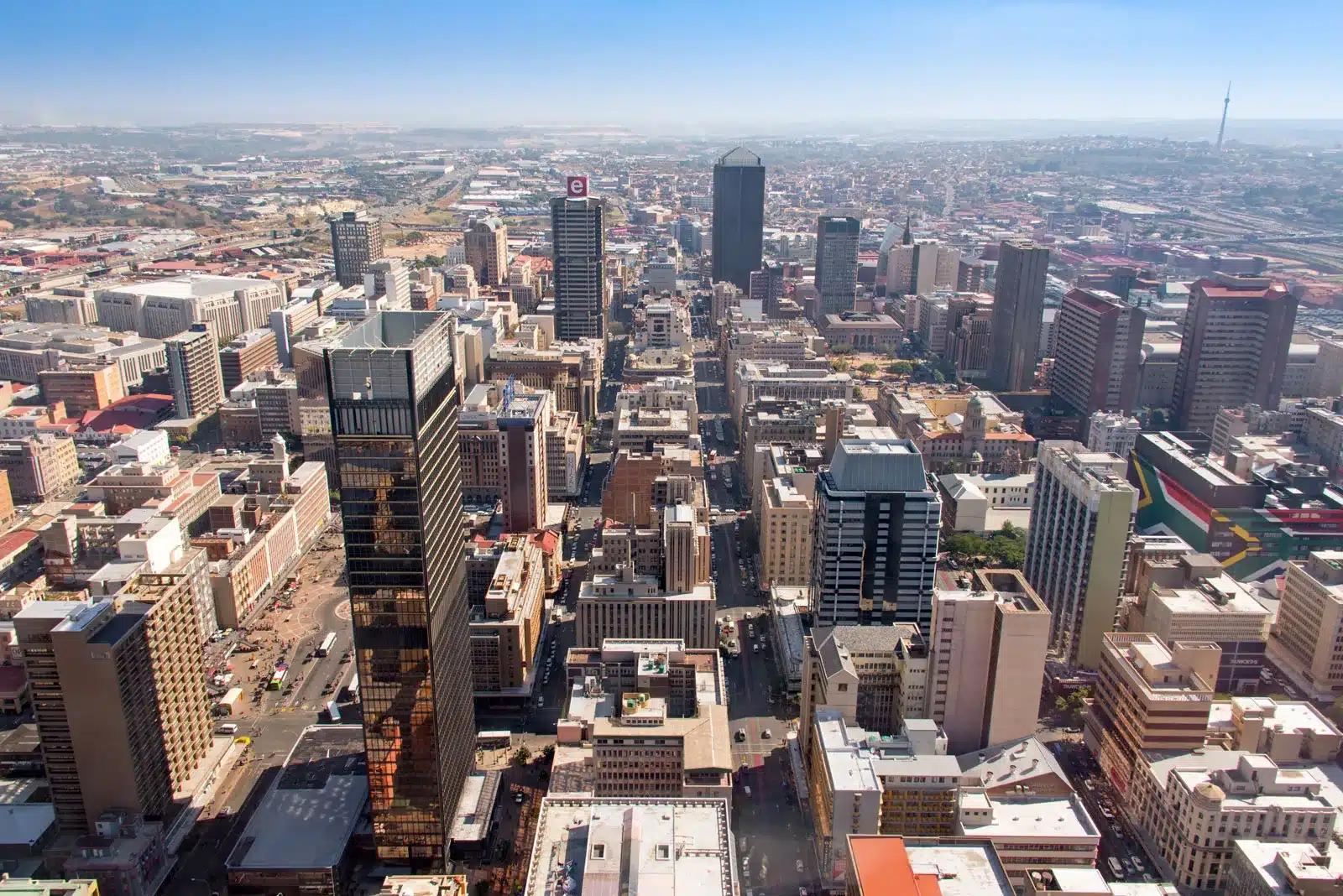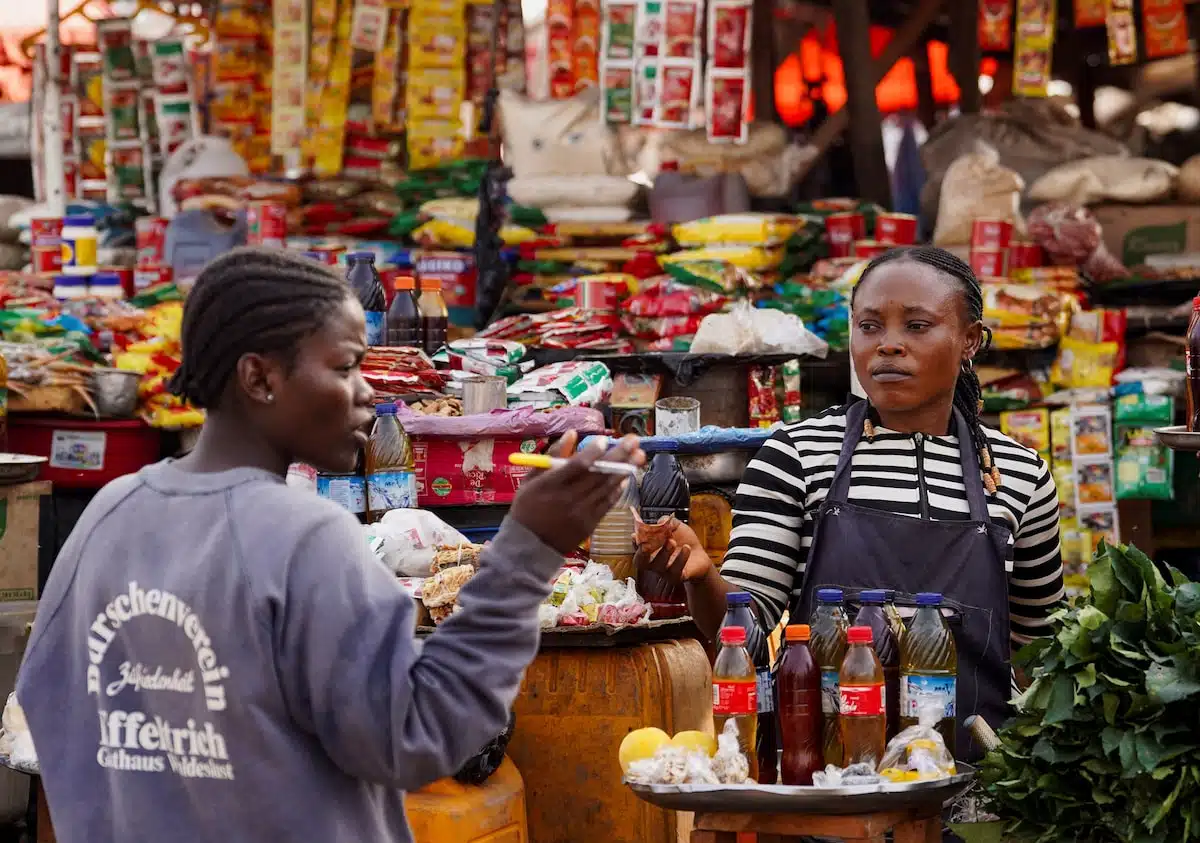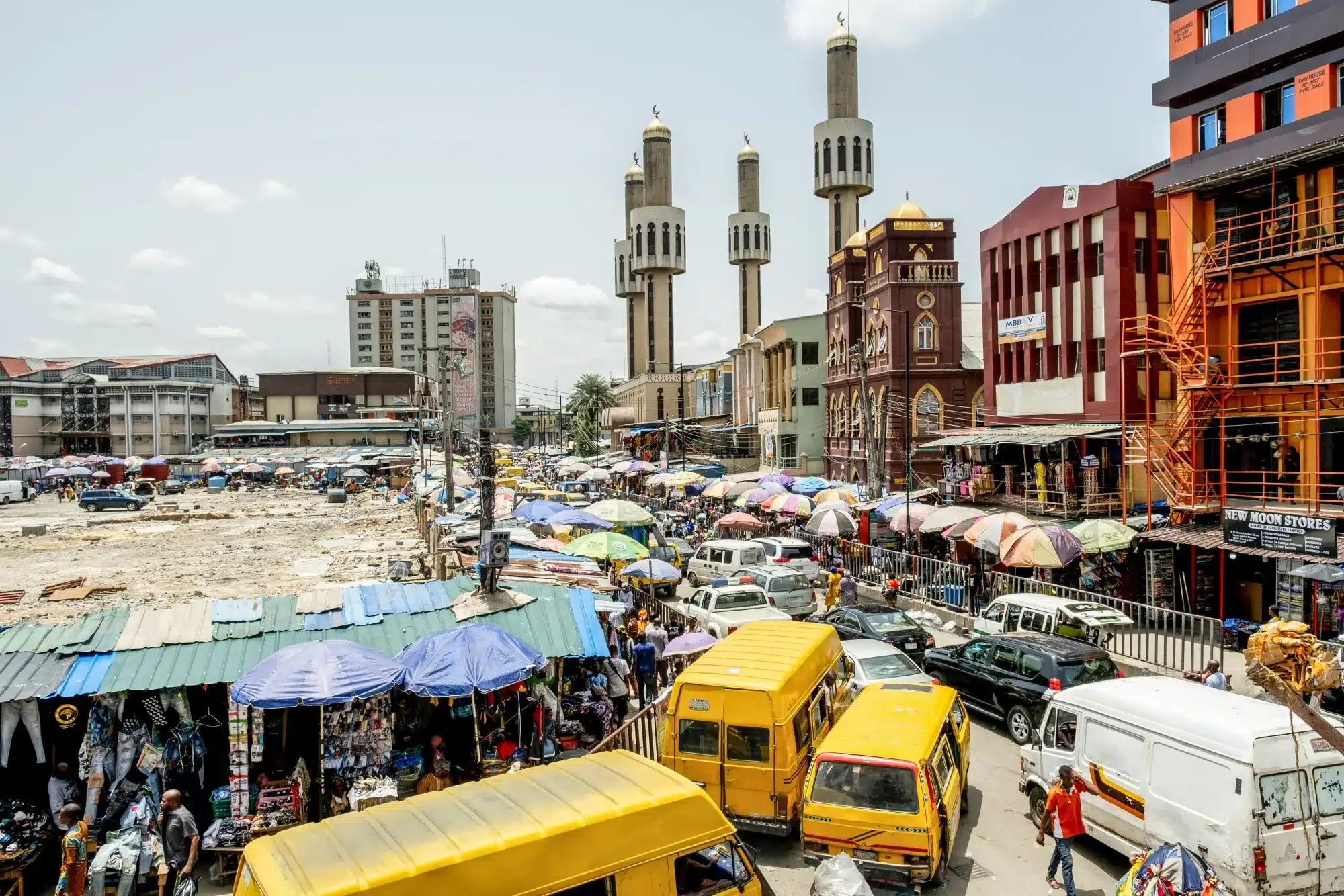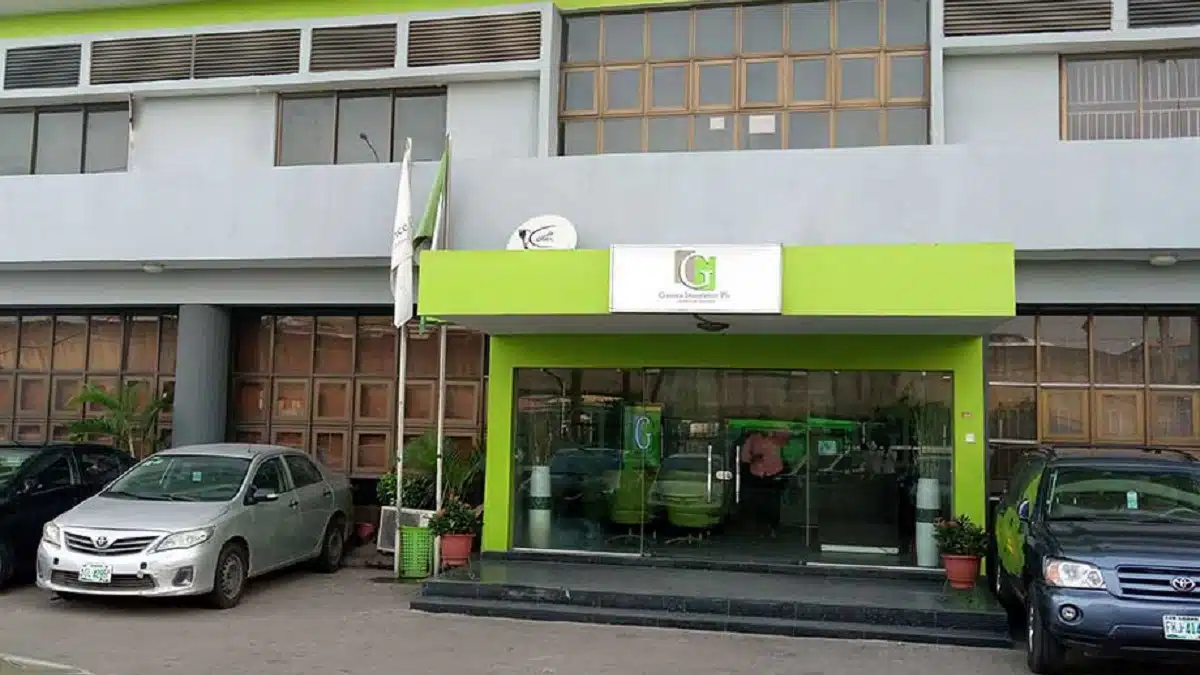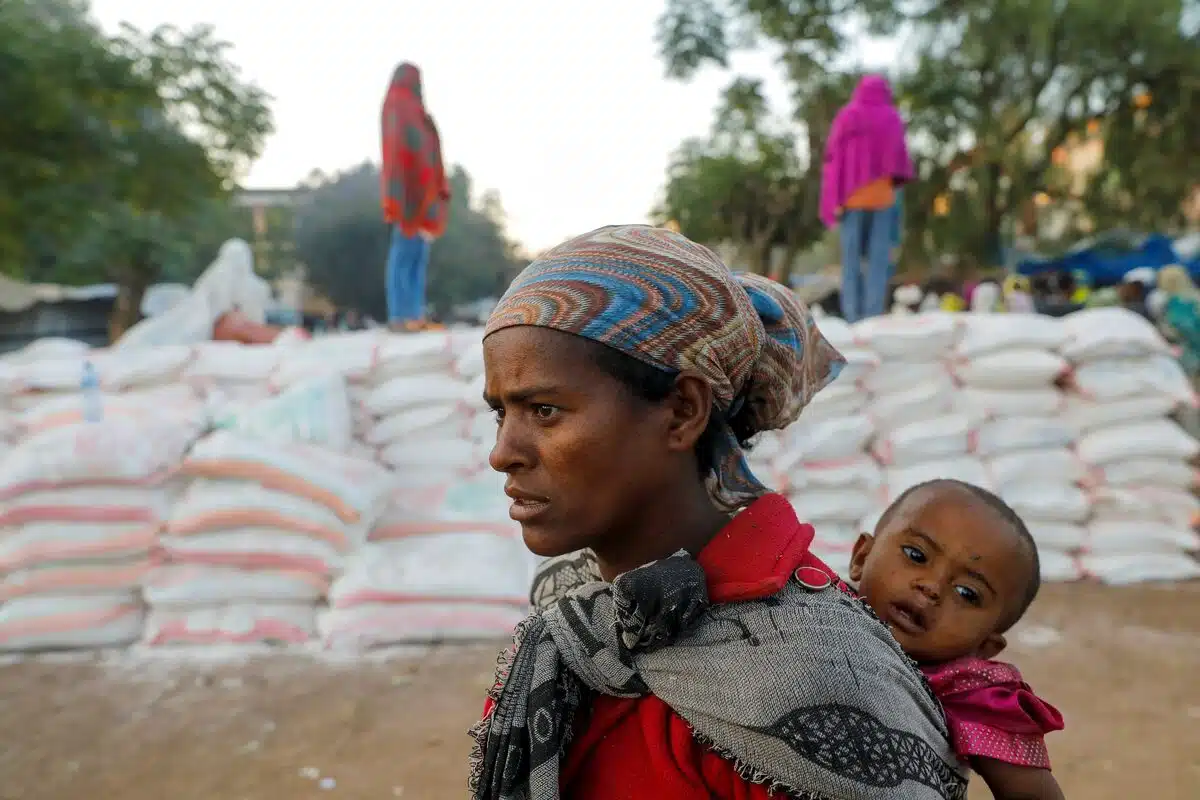South Africa is rolling out a $9 billion initiative to improve urban services and infrastructure in its largest cities, a move that could enhance economic stability following the country’s recent exit from recession.
The programme, backed by a $1 billion loan from the World Bank and $2 billion in government funding, aims to address critical issues in water supply, electricity, and waste management.
The initiative will provide performance-based grants to eight cities including Johannesburg, Cape Town, and Durban, Bloomberg said on Thursday.
The goal is to incentivise municipalities to improve service delivery in exchange for additional funding, a shift from the current model where infrastructure allocations are not tied to results.
Despite being Africa’s second-largest economy, South Africa has long struggled with deteriorating urban infrastructure, with frequent power cuts, water shortages, and unreliable waste collection.
The Washington-based lender noted that urgent intervention is needed, as the decline in service delivery threatens both economic growth and investor confidence.
The new Metro Services Trading Programme, introduced by the government, will focus on reducing electricity and water losses while increasing municipal revenue collection.
The World Bank said the programme “will involve a combination of grant reforms together with conditional financial incentives that encourage municipalities to aggressively target the challenges affecting service delivery.”
The funding adds to the roughly $6 billion generated from municipal revenue and borrowing, bringing the total effort to $9 billion.
Other cities covered by the initiative include Pretoria, East London, Gqeberha, Bloemfontein, and Ekurhuleni.
The initiative comes at a crucial time for South Africa, which is under pressure to restore confidence in its urban economies.
The African National Congress (ANC) lost its parliamentary majority for the first time in 30 years during the 2024 elections, partly due to frustration over failing public services.
While the National Treasury has previously mentioned plans for incentive-based infrastructure financing, it has yet to release full details on targets and requirements.
However, the World Bank’s involvement signals a commitment to measurable outcomes, a factor that could reassure investors monitoring South Africa’s economic recovery.

